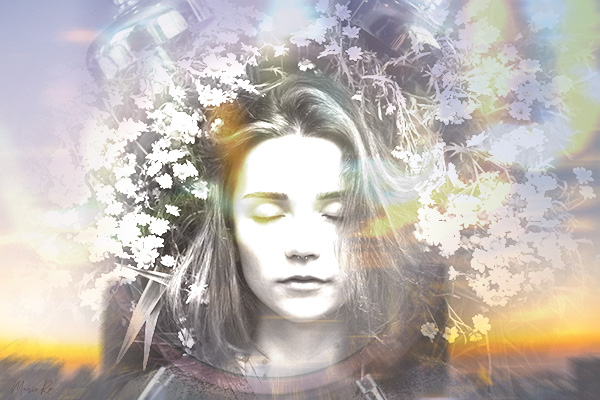
“Dropping out” of meditation is a common concern among meditators. You can have an established meditation practice and then find yourself slowly drifting towards other things in lieu of sitting down on the mat.
You may have noticed your mat (or your cushion) gathering dust when the realization struck – you’ve been gone for a while!
While you might feel a grain of guilt sifting in, you should know that this is normal.
One of the main premises of Zen meditation is just that – we ebb and flow in awareness. This extends to everything that we do, on and off the mat. Even Zen masters talk in terms of “being awake” and “being asleep”. “Dreaming” is an interesting metaphor for awareness – or lack thereof – because, while it often gets a bad rep in Buddhist terms, it is a necessary part of life. Dreaming keeps us human. While it can certainly include anxieties & fears about the future, dreaming pushes us to plan, act and evolve in the world itself.
Although “dreaming” in Zen terms often refers to being lost in thought, it helps to remember that sleeping itself is a crucial part of mental wellness. The brain uses sleep to process the mental activity of the day. Crucial information is consolidated into long-term memory, while extraneous activity is more or less discarded. Importantly, the sleep cycle is a synchronized process happens in stages. There are four stages of sleep, each of increasing depth and particular significance, which culminate in REM – the stage where the actual dreaming happens. Interestingly, brainwave activity patterns during REM sleep are strikingly similar to wakefulness.
So what happens, in the phenomenological Zen sense, when we are caught in the so-called, “real-world” dream?
We are essentially living, in real-world terms (here I use “real-world” to refer to the egoic situations of daily living. I don’t intend to imply that one is better than the other). Life demands egoic activity sometimes, and we all get caught up in it occasionally. But if you have been able to notice how the “real world” affects you and have been able to apply what you have learned on the mat to your daily living then congratulations, you are leveling up in your practice. Like losing the training wheels on a bike, you might find yourself needing the mat less as you apply its lessons on the hard concrete floor of the “real world”. Does that mean that the mat is useless? Never. The mat is always there for you to pick up and extend your practice. It just so happens that what we consider “the mat” extends itself to other circumstances. To return to the bike simile, losing your training wheels doesn’t mean that you are a master cyclist. You can – and will – fall flat on your face and scrape your knees a couple times in the process. No – what it means is that you have been enthusiastic and commited enough to stick with the practice and bold enough to embrace your Self; to commit to learning and change, and the authenticity and responsibility that such a change brings.
We wake. We ride our bike throughout the day, doing what needs to be done. We dream. We wake. We keep riding the bike. We take in the sights – some familiar, some brief novelty that perks the senses – gratefully. We stay awake. We learn and we grow. We fall asleep. We dream, and keep dreaming, until the alarm rings.
Leave a Reply